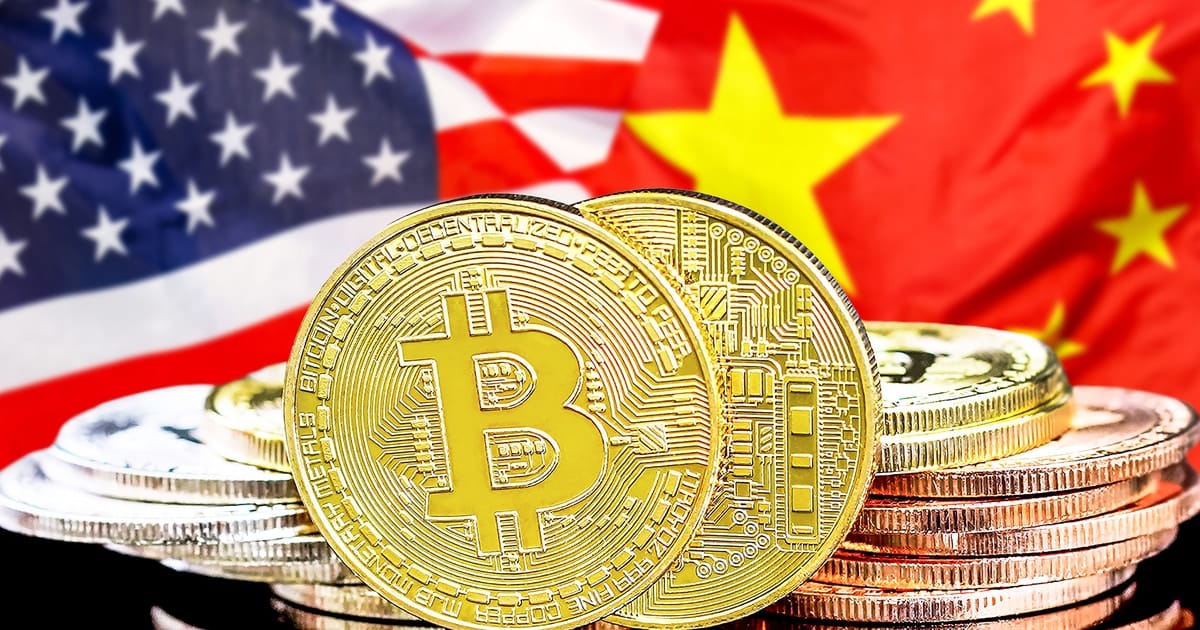How U.S. Tariffs and China’s Treasury Sales Are Fueling Bitcoin Reserve Talks

The U.S. and China are locked in an economic tug-of-war, with recent U.S. tariffs amplifying tensions and sparking ideas about America’s financial strategy. In April 2025, the U.S. imposed 125% tariffs on Chinese goods, prompting China to accelerate its sale of U.S. Treasuries, including $22.7 billion in February 2024, as part of a broader decline from $1.1 trillion in 2021.
Forbes notes that Treasury yields suggest China is quietly offloading U.S. debt in response to these tariffs, turning instead to gold to diversify its reserves. Some in the U.S. argue that selling gold to buy Bitcoin, often considered to be the new digital gold, could counter China’s moves and strengthen America’s financial position.
China’s Treasury sales reflect a mix of economic, financial, and geopolitical motives. By reducing its reliance on U.S. debt, China aims to shield itself from risks tied to U.S. fiscal policy and interest rate shifts. Gold offers a stable alternative, but the U.S. could leapfrog this strategy by embracing Bitcoin, which some see as a way to undermine China’s pivot while modernizing America’s reserves. This idea is gaining traction as a way to assert economic dominance in a digital age.
Stay In The Loop and Never Miss Important Bitcoin and Crypto News
Sign up and be the first to know when we publishBitcoin as a Strategic Countermeasure
One proposal, the BITCOIN Act, calls for revaluing U.S. gold reserves to purchase 1 million Bitcoin over five years, potentially worth $81.87 billion at current prices, as reported by The American Prospect in 2024. This strategic Bitcoin reserve could position the U.S. as a leader in the growing digital asset space, contrasting with China’s traditional gold strategy. Bitcoin’s decentralized nature and limited supply make it an appealing hedge against global uncertainties. Supporters believe it could also weaken China’s financial leverage by reducing the appeal of gold.
The tariffs have added urgency to this debate, highlighting the need for innovative responses to China’s actions. Bitcoin’s digital flexibility contrasts with gold’s physical constraints, appealing to a tech-savvy generation of investors. However, cryptocurrencies’ price swings raise questions about their reliability as a reserve asset. Still, the idea resonates with those who see digital currencies as the future of finance.
China’s shift to gold and away from U.S. debt signals a broader push for financial independence, spurred by the latest tariffs. In response, the U.S. faces a choice between sticking with traditional assets or embracing a digital alternative like Bitcoin. The BITCOIN Act represents one vision for navigating this challenge, but its success hinges on careful execution. As both nations maneuver, the global financial system hangs in the balance, with digital assets emerging as a key battleground.

